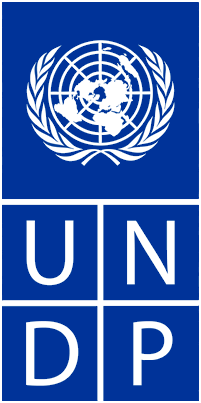Community / Land projects / Interrogating Large-Scale Land Acquisitions and Their Implications for Women in Sub-Saharan Africa
Interrogating Large-Scale Land Acquisitions and Their Implications for Women in Sub-Saharan Africa

€156928.5443
02/14 - 08/17
Completado
This project is part of
Implementing Organisations
Donors
Data Providers
General
Despite their critical role in promoting food security on the African continent, women continue to be marginalized in the distribution and allocation of land. The implications for both family survival and national food security are far-reaching. This project will support research to examine the conditions needed to allow women to become empowered to participate in large-scale land acquisition (LSLAs) processes. The objective is to help ensure that sub-Saharan Africa puts the legal and policy frameworks in place to foster better accountability and legitimacy on issues of land governance. African women must continue to engage in food crop farming to ensure food security for their families and for the continent at large. This is only possible if their right to land is protected, respected, and fulfilled. Previous studies have shown that African women's right to land is seriously under threat. Traditionally, African women have not had equal access to land and weak land laws and governance processes related to LSLAs are further eroding their access. We are now learning more about the impact of LSLAs on livelihoods in affected communities but little evidence exists on gender differences. Little is also known about how African women have developed strategies to foster more equitable land governance policies and practices to ensure greater accountability and transparency around LSLAs. This research seeks to fill these knowledge gaps. The ultimate goal of the project is to promote land governance policies that treat both genders more equally and that contribute to greater accountability and transparency around LSLAs. The research will be implemented in six communities in three African countries: Ghana, Cameroon, and Uganda. All three have experienced LSLAs. The research team will explore the following: -land acquisition processes; -winners and losers in these transactions; -ways in which the losers (specifically, rural African women) respond to their situation; and, -extent to which these responses are successful. The project will create gender-sensitive evidence-based knowledge that can be used by women, local communities, non-state actors, and public authorities to enhance accountability and legitimacy in LSLAs processes. It will also propose gender inclusive strategies for formal and informal institutions that will respect, promote, and protect women's rights in LSLAs processes.



